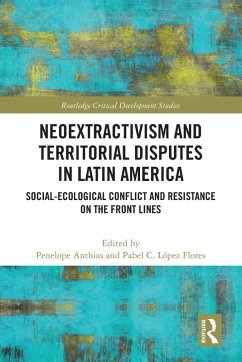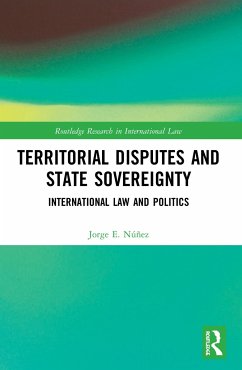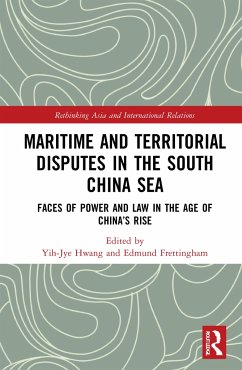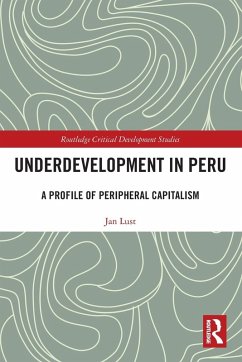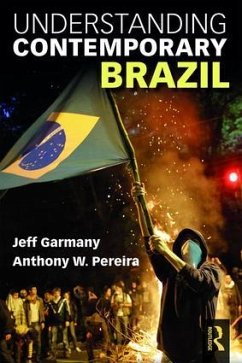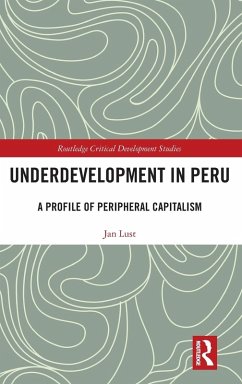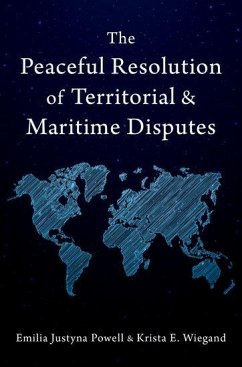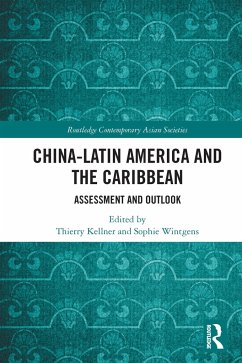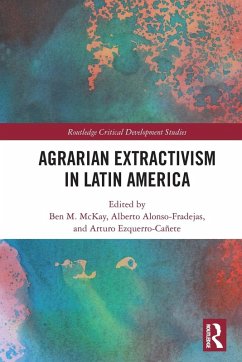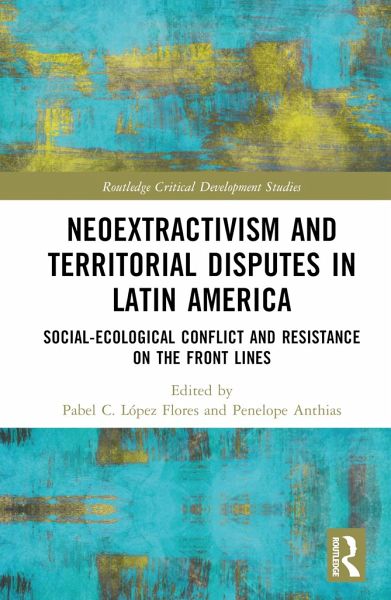
Neoextractivism and Territorial Disputes in Latin America
Social-ecological Conflict and Resistance on the Front Lines
Herausgeber: Anthias, Penelope; López Flores, Pabel C.

PAYBACK Punkte
84 °P sammeln!
This book reflects on the continuing expansion of extractive forms of capitalist development into new territories in Latin America, and the resistance movements that are trying to combat the ecological and social destruction that follows and will interest those in the fields of international development, ecology, anthropology and geography.




